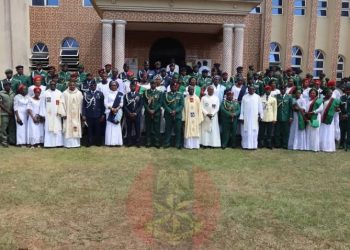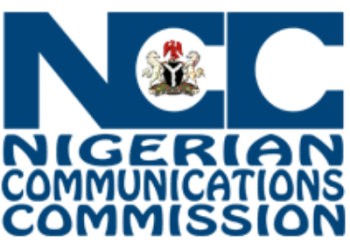By Nkechi Eze
A significant shift in Nigeria’s digital financial ecosystem has commenced as Deposit Money Banks (DMBs) have begun enforcing a new directive from the Nigerian Communications Commission (NCC) mandating that charges for Unstructured Supplementary Service Data (USSD) transactions be deducted directly from customers’ mobile airtime rather than from their bank accounts. The new policy, which officially took effect on Tuesday, June 3, 2025, marks a regulatory pivot aimed at aligning mobile financial services with the NCC’s End-User Billing model.
One of Nigeria’s leading financial institutions, United Bank for Africa (UBA), confirmed the development in an email notification to its customers. The statement explained that, in line with the NCC directive, the practice of deducting USSD service charges directly from bank accounts has now been discontinued.
“In line with the directive of the Nigerian Communications Commission, please be informed that effective June 3, 2025, charges for USSD banking services will no longer be deducted from your bank account,” the message read. “Going forward, these charges will be deducted directly from your mobile airtime balance in accordance with the NCC’s End-User Billing model.”
Under this new structure, USSD users will be charged ₦6.98 for every 120-second session, a fee that will be billed by their respective mobile network operators. To ensure transparency and user consent, the system is designed to present a confirmation prompt at the beginning of each session. The user’s airtime will only be deducted upon confirmation of the prompt and the availability of the banking institution to fulfill the transaction.
UBA further clarified the opt-in nature of the service under the new billing structure: “If you do not wish to continue using USSD banking under this new model, you may choose to discontinue use of the USSD channel.”
The directive by the NCC follows protracted debates and disagreements between telecommunications operators and financial institutions over the appropriate mechanism for recovering costs incurred from providing USSD services. For years, telcos have argued that banks were either underpaying or entirely evading payment for the infrastructure and bandwidth used to facilitate mobile banking transactions, a situation that led to periodic threats of USSD service suspension.
In response to these concerns, the NCC, in collaboration with the Central Bank of Nigeria (CBN), adopted the End-User Billing model, an approach that transfers the responsibility of USSD payment directly to the consumers who utilize the service, thereby bypassing the banks and ensuring a clear revenue stream for the mobile network operators.
While the NCC and the telcos argue that the policy brings fairness and sustainability to the digital service delivery model, concerns have emerged over how the change might affect low-income and rural users who rely heavily on USSD banking due to limited access to internet-based services. Critics worry that direct airtime deductions could discourage usage, reduce financial inclusion gains, and force some users to revert to cash-based systems.
Nonetheless, industry watchers note that the new model could increase accountability and transparency, as it places the control of USSD usage in the hands of consumers who must now consciously confirm each transaction and manage their airtime accordingly.
Neither the NCC nor the CBN has issued a formal joint statement since the banks began implementing the directive, but more announcements are expected in the coming days as other financial institutions follow suit.
The development marks yet another critical juncture in the evolving intersection between Nigeria’s telecommunications and financial services sectors, one that reflects the continuing challenge of balancing consumer protection, commercial viability, and national digital inclusion objectives.














